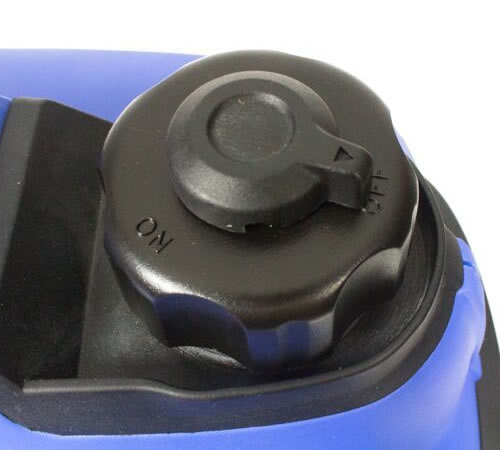
As we have mentioned in previous blogs, in our workshop stale
fuel is the most common cause of starting problems with small petrol engines.
We explain to all our customers the importance of using fuel additives or
stabilisers, not only to avoid starting issues, but to ensure your petrol
engine has the longest product life possible. Even if purchased recently, if
you return a machine to us with starting problems and it’s due to stale fuel, the
work will not be covered under the machines warranty.
What’s in the pump?
Thank you for reading this post, don't forget to subscribe!An inexpensive fuel substitute that is produced domestically sounds like a perfect solution to rising pump prices, but the fact is there isn’t an acceptable substitute readily available to start pouring into our petrol tanks. That’s where ethanol comes in. Ethanol in petrol is alcohol made from corn starch, yes, the same that is used to replace sugar cane to sweeten our foods has found its way into our petroleum. Ethanol successfully dilutes petroleum and stretches the supply, keeping costs down and reducing emissions. Unleaded petrol in the UK is called E5, the E stands for ethanol and the 5 means it contains 5% ethanol.
Why fuel turns BAD!
Ethanol is hygroscopic which means it naturally attracts and absorbs any moisture in the air. Any moisture in the air inside a fuel tank then mixes with the ethanol. The problem with this process is that ethanol can only hold so much water and when it takes in too much will enter a stage called ‘phase separation’. To ‘sciency’ for you? It basically means eventually the ethanol and water separate from the fuel. The water and ethanol sit below the fuel in the tank and are the first to get sucked through into the fuel system. The process of ‘phase separation’ can happen within weeks of fresh petrol being added to the tank and petrol left to sit for any length of time can wreak havoc with your engine.
What’s the damage?
Water and ethanol are corrosive within a fuel system, causing
any rubber components and metal parts to deteriorate. Fuel and ethanol combined
is an effective paint stripper and collects loose varnish taking it into the
fuel system resulting in clogging and blockages.
2-stroke engines are catastrophically affected as they do
not have a specific lubrication system and require an exact ratio of oil and
fuel to run correctly. The added oil is what lubricates the 2-stroke engine,
and water in the fuel stops the oil from bonding to the metal components.
All-in-all, it causes multiple problems for small petrol
engines.
What are the symptoms
- Engine not starting
- Hunting, irregular RPM
- Stalling, engine starting then stopping
- Lack of power
- Poor fuel efficiency
The Fix
Fuel additives! Using an additive cannot remove ethanol from fuel, but it can help protect your engine from its effects. 250ml will treat 25 litres of fuel and keep it fresh for up to 3 years. The additives contain corrosion inhibitors that form a protective barrier on metal parts, detergent ingredients to prevent gum and varnish build-up on engine parts and metal de-activators which stop chemical reactions caused by dissolved metals in fuel.
We recommend
- Briggs and Stratton Fuel Fit 250ml, available in other sizes and quantities
- B3C Ethanol Shield Fuel Stabiliser 236ml
- B3C Ethanol Shield 2 Stroke Oil 1 litre
- Toro Premium Fuel Stabiliser Treatment 355ml
- Hayter Premium Fuel Stabiliser Treatment 355ml
If your engine is already displaying problems, then we would recommend a fuel system clean, including fuel injectors and the carburettor.
Before booking it into the workshop for an ultrasonic clean you
could try:
- Mechanic In A Bottle Petrol Test Swabs, these test sticks will provide visual indication as to the condition of your fuel, be it fresh, marginal or bad. Available in other quantities.
- B3C Mechanic In A Bottle. Suitable for both 2 & 4-Stroke engines, it removes debris, carbon deposits and water in the fuel system without having to remove the carburettor.
